Every kitchen, laundry room, and garage holds a hidden danger – a faulty appliance that could start a fire. The good news? Most of those risks are easy to spot and even easier to fix. In the next few minutes you'll learn the simple checks that keep your home safe and what to do when something goes wrong.
Old washing machines with worn‑out motor bearings can overheat, especially if the drum is out of balance. A fridge that runs but never cools often has a clogged condenser, causing the compressor to work harder and heat up. Electric ovens with cracked heating elements can spark, while a kitchen extractor fan with a greasy buildup becomes a perfect tinder box. Knowing these triggers helps you catch problems early.
Another big trigger is electrical – loose plugs, frayed cords, or a circuit that’s constantly tripping. If you notice a flickering light when an appliance turns on, that’s a red flag. It usually means the wiring can’t handle the load, and the extra heat can ignite surrounding materials.
Start with a visual inspection. Look for scorch marks, melted plastic, or a burnt smell around the plug and the appliance itself. Pull the device away from walls or cabinets and feel the surface after it’s been running – if it’s hot to the touch, give it a break and let it cool.
Next, check the ventilation. A dishwasher or extractor fan that isn’t breathing can overheat. Clean the filters regularly; a quick wipe with a damp cloth does the trick. For ovens and hobs, remove any food debris that’s built up on the heating elements. A clean surface dissipates heat better and reduces fire chances.
If an appliance is more than ten years old, consider a professional inspection. Technicians can test the thermostat, replace worn gaskets, and tighten any loose connections. It’s often cheaper to service a ten‑year‑old dishwasher than to replace it after a fire.
Don’t forget the simple habit of unplugging devices you don’t use daily. A toaster left plugged in, even when not in use, can draw a tiny current that heats the internal components over time. Unplugging also protects against power surges that can fry electronics.
When you hear unusual noises – humming, buzzing, or a grinding sound – shut the appliance off immediately. Those noises usually mean something’s moving where it shouldn’t, like a motor bearing grinding or a fan blade hitting debris.
Finally, keep a fire extinguisher in the kitchen and learn how to use it. A Class A extinguisher handles ordinary fires, while a Class B works for flammable liquids that can seep from fridge compressors. Knowing which one to grab can stop a small spark from turning into a blaze.
By staying alert, cleaning regularly, and getting professional help when needed, you turn potential fire hazards into simple maintenance tasks. Your appliances will run smoother, and you’ll sleep easier knowing your home is safe.
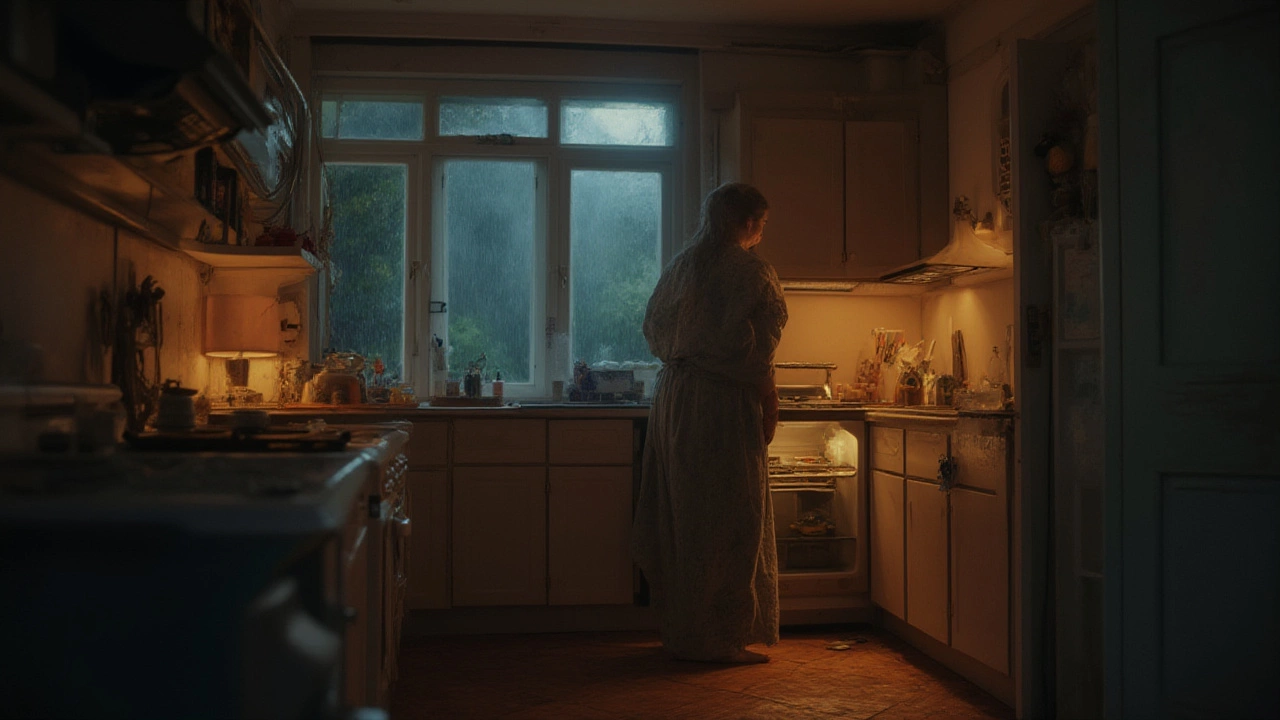
Leaving an electric oven on overnight sounds harmless, but it could spell real trouble. Learn the risks, facts, and safer options for your late-night cooking needs.
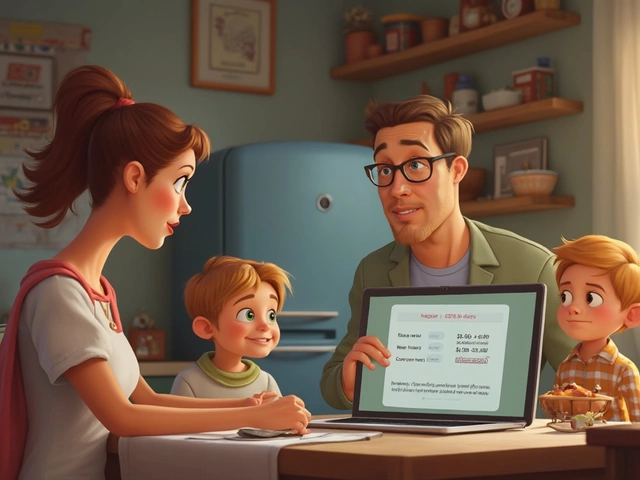
Deciding between repairing and replacing a freezer can be tricky. This article guides you through evaluating repair costs, expected lifespan, and energy efficiency before making a decision. It provides practical advice to help you make an economical choice, whether to fix or replace your freezer. Learn important factors to consider, like repair frequency and environmental impact, to ensure you spend wisely.
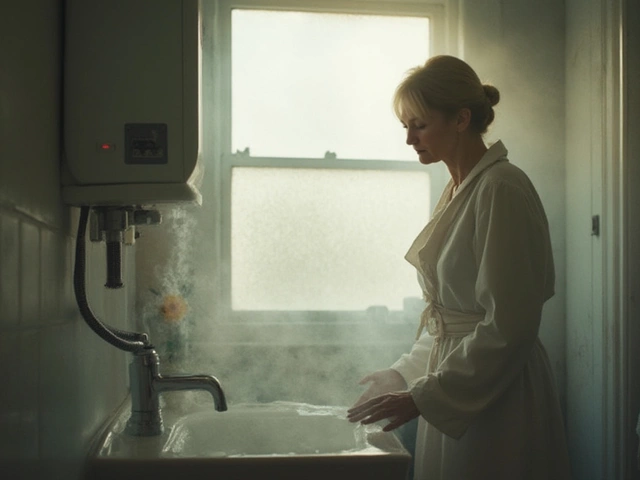
Wondering why your water heater keeps needing a reset before you get hot water? Learn the real reasons, what you can safely check, and when it’s time to call for help.
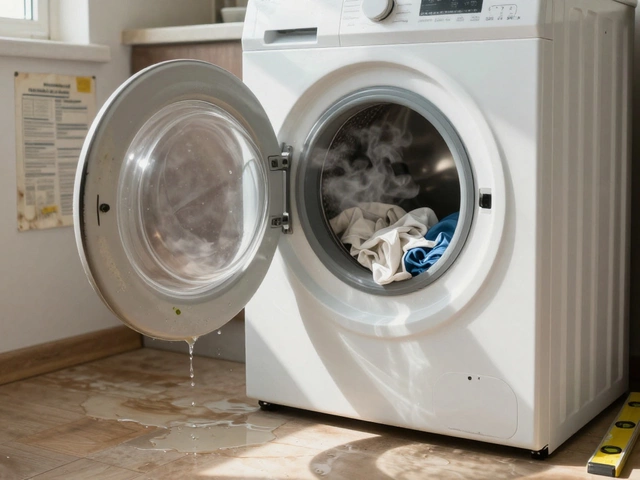
Most washing machines last 8-12 years, but signs like loud noises, leaks, or error codes mean it's time to consider repair or replacement. Learn how to extend its life and when it's better to buy new.
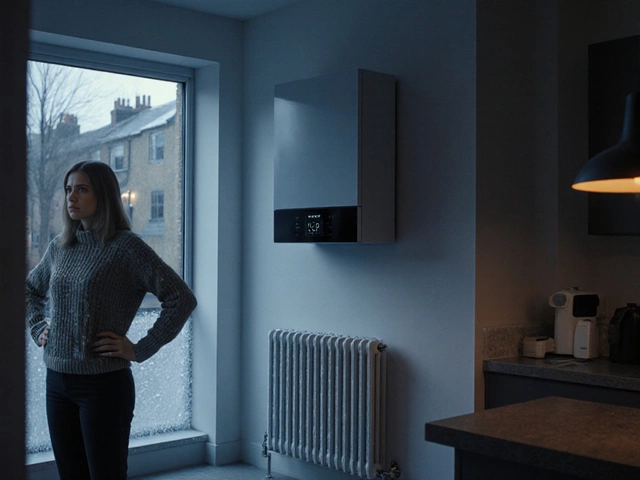
A practical UK guide that tells you exactly who to call when your boiler fails, how to verify a qualified engineer, and what steps to take before and after the repair.

Wondering if you should repair your washing machine or just buy a new one? This article breaks down when it's smart to fix your appliance and when it's better to let it go. Get tips on common washing machine problems, repair costs, and simple troubleshooting steps. Plus, learn how to avoid getting ripped off by price gouging repair techs. If laundry day is starting to look like a coin toss, read this before calling the junk hauler.